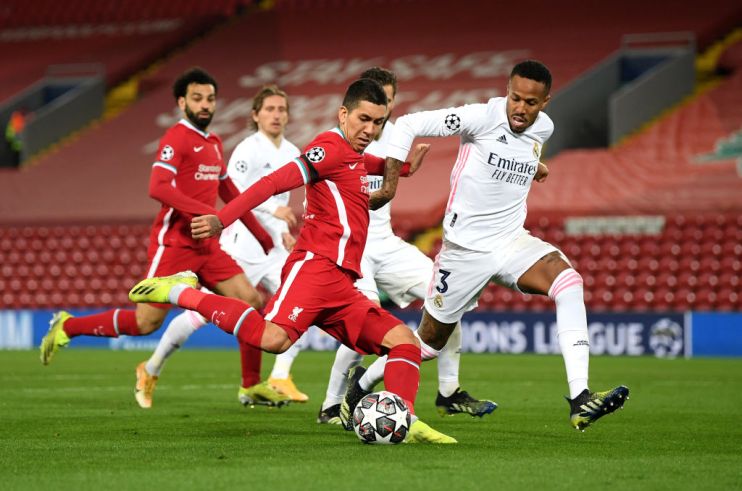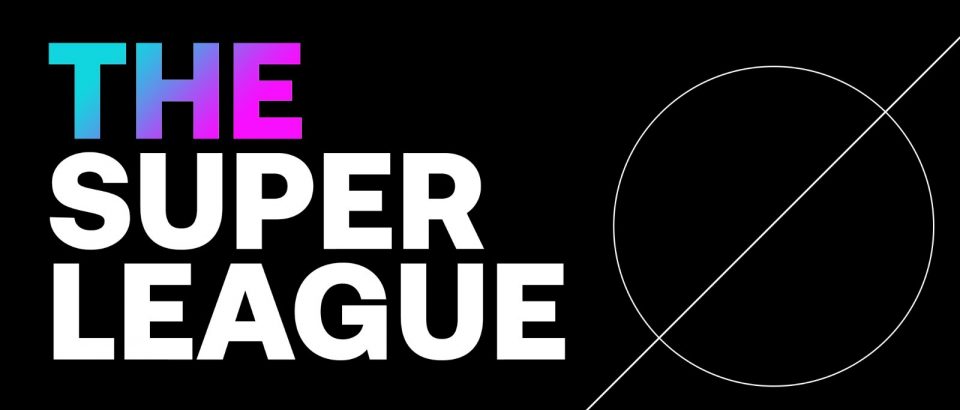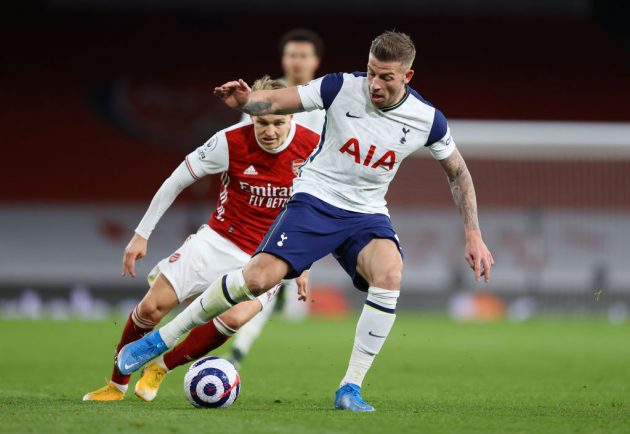European Super League: Who is in it? How will it work? Why is it happening? And can it be stopped?

Twelve clubs, including Real Madrid, Barcelona, Juventus and six English teams, have confirmed they are planning to launch a breakaway European Super League.
If it goes ahead, the move would represent the most significant change to club football in living memory.
But what will the new competition look like? Which teams will be involved? And why is it so controversial? Read on for answers to all those questions and more.
What is the European Super League?
The European Super League is a new 20-team competition that will effectively replace the Champions League.
Most controversially, it will have 15 founder members who cannot be relegated and will take part every year.
A further five places each season will be set aside for five teams who qualify, most likely by winning their domestic leagues – although more on that thorny issue later.
The absence of promotion and relegation puts it at odds with almost all other football leagues, except for Major League Soccer.
Indeed the format has more in common with US sports, with the NFL and NBA featuring the same franchises every year.
A start date of 2022 has been reported but so far organisers have only said it would begin “as soon as practicable”.
They have also said a women’s competition will follow, but haven’t revealed further details.
Who will be in the European Super League?
The twelve confirmed founder members of the European Super League are: Real Madrid, Barcelona, Atletico Madrid, Manchester United, Liverpool, Manchester City, Chelsea, Arsenal, Tottenham Hotspur, Juventus, AC Milan and Inter Milan.
A further three clubs are expected to sign up as founder members, a statement outlining the plans said.
Bayern Munich and Paris Saint-Germain, last season’s Champions League finalists, would be prime candidates.
But as yet no teams from Germany or France have committed to the new competition.
How have the clubs been chosen?
The founder European Super League clubs, while all historically successful, are not all among the current top 12 based on results.
However, they do comprise 11 of the 14 richest, according to Deloitte’s most recent Football Money League.

Crucially, they believe themselves to be the teams that will drive the biggest audiences and attract the most sponsorship and broadcast money.
Real Madrid president Florentino Perez is the chairman of the European Super League.
Manchester United owner Joel Glazer and Juventus chief Andrea Agnelli have been confirmed as co-chairmen.
Why is this happening?
Money is the main motivation behind the European Super League and the clubs do not deny it.
They believe the new competition will generate more revenue than the Champions League, which pays out around €2bn a year.
Each founder member is in line to share in a €3.5bn start-up pot. The clubs say they expect to generate more than €10bn to redistribute throughout the game over an unspecified period.
The most well-known clubs have long been pushing Uefa for a larger slice of Champions League revenue and a greater say in how the competition is run.
After decades of increasing concessions by Uefa, the clubs now appear to have decided a breakaway is the option that serves them best.
It is no coincidence that the move comes at a time when some clubs – notably Barcelona and Real Madrid – have suffered severe financial setbacks caused by the pandemic.
What format will the competition take?
In contrast to Uefa’s “Swiss model” shake-up of the Champions League, the format for the European Super League is straightforward.
The 20 clubs will be split into two leagues of 10, in which teams will play all others home and away for a total of 18 group games.

Eight teams will advance to a knockout stage to be held over four weeks at the end of the season.
Fixtures are to be played midweek to allow clubs to continue taking part in their domestic leagues.
Will the European Super League definitely happen?
Nothing is certain and a late climbdown cannot be ruled out yet, but Sunday’s announcement indicates a new degree of commitment to the breakaway.
Until now, no club had publicly put its name to the European Super League plans. Now 12 have. The competition now also has a website and branding.
The clubs broke cover on the eve of an important Uefa meeting, in which changes to the Champions League agreed by all teams were due to be ratified.
Now those plans are in tatters – unless there is a dramatic U-turn by the breakaway clubs, without whom the Champions League will be drastically devalued.
Can anyone stop the European Super League?
Uefa, which has the most to lose, has vowed to try to stop what it calls “a cynical project”.
The Premier League, Football Association and their counterparts in Spain and Italy have joined Uefa in calling for clubs to reconsider.
Fans groups, meanwhile, have made their stromg opposition known.
The Premier League has said it will ban any teams who take part in the European Super League from its own competition.
Fifa, meanwhile, has indicated it could ban any players signed to the rebel clubs from playing in the World Cup.
European Super League organisers says they still hope to work with Uefa and Fifa.
